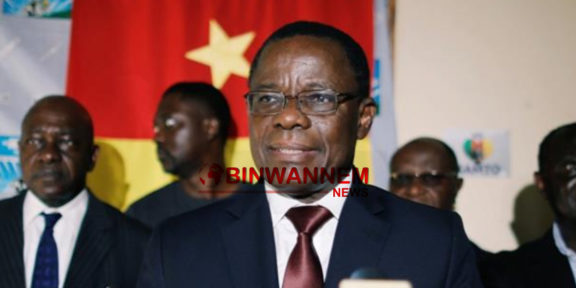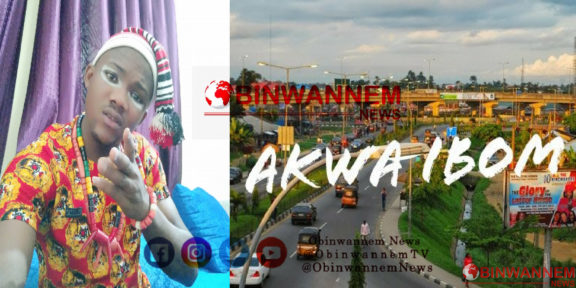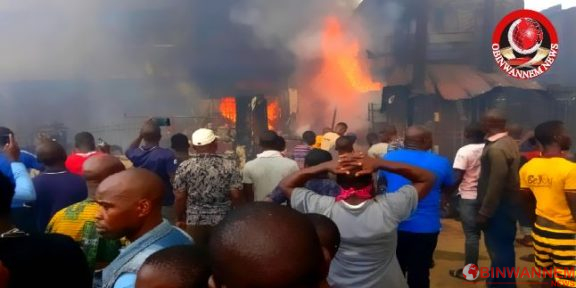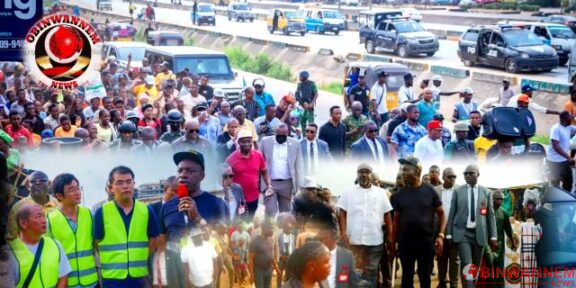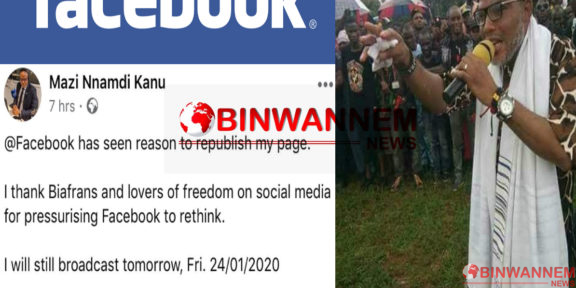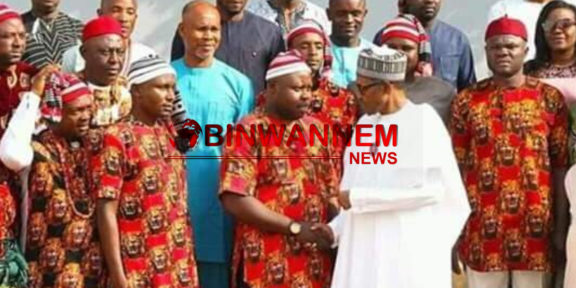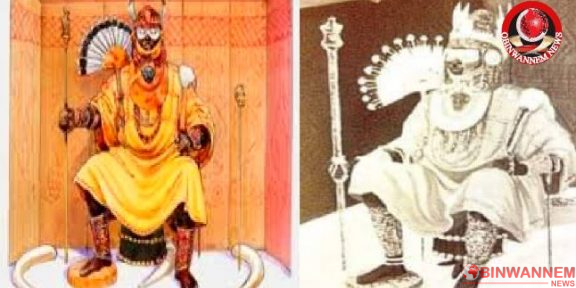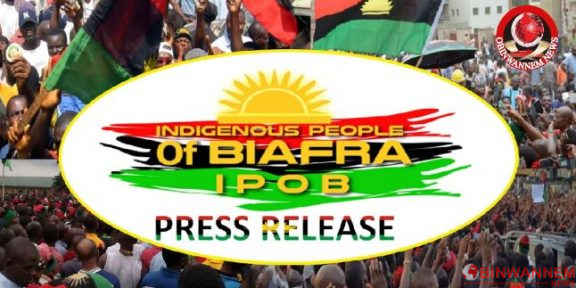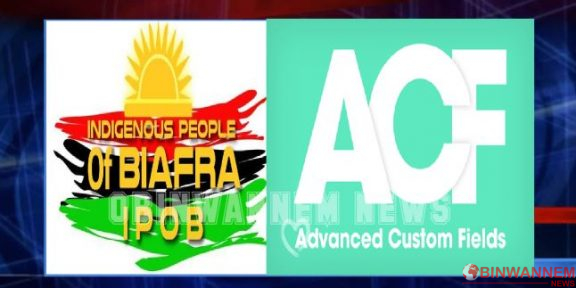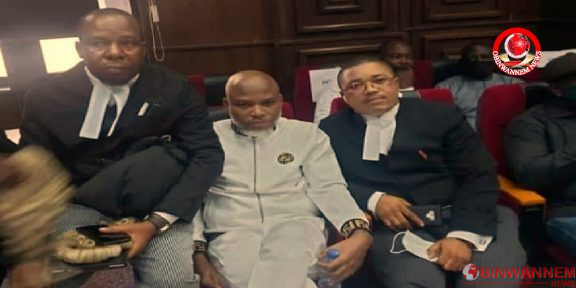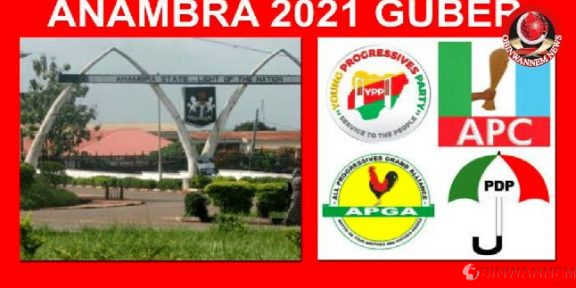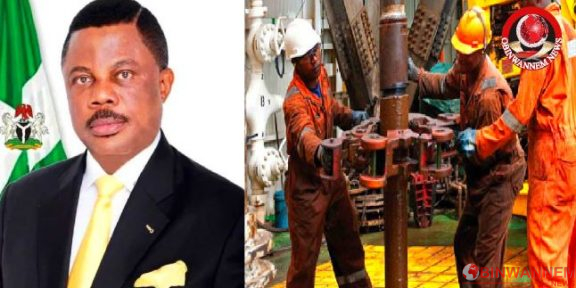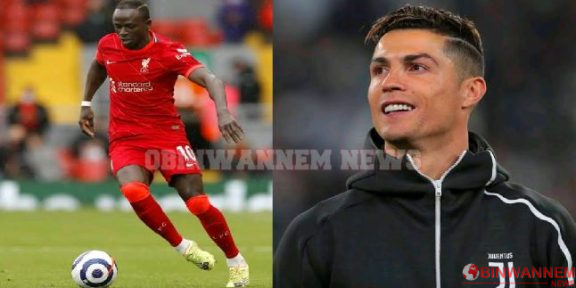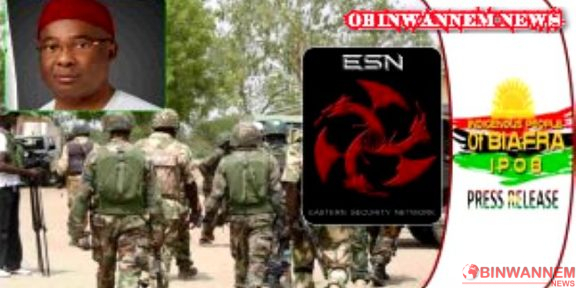Chukwuemeka “Emeka” Odumegwu Ojukwu (4 November 1933[1] – 26 November 2011[2]) was a Nigerian military officer and politician who led the Republic of Biafra from 1967 to 1970 during Nigeria’s Civil War.
He previously served as military ruler of Nigeria’s Eastern Region, which he declared an independent nation known as Biafra. Ojukwu was born in Zungeru, Nigeria, during British colonial authority. He was the son of Louis Odumegwu Ojukwu, a wealthy and successful Igbo trader. Ojukwu studied at King’s College in Lagos, Nigeria, and Epsom College in Surrey, England. After earning a master’s degree in history from Oxford University in 1955, he went to Nigeria to work as an administrator. He later joined the Nigerian Army and was quickly promoted.
Following Nigeria’s independence in 1960, a group of predominantly Igbo junior army soldiers deposed the country’s civilian government in the 1966 Nigerian coup d’état. Johnson Aguiyi-Ironsi, another Igbo, became Nigeria’s new president, and he nominated Ojukwu as military governor of the predominantly Igbo Eastern Region.
However, Hausa and Yoruba army officers were concerned about an Igbo-dominated administration, which led to the 1966 Nigerian counter-coup and ensuing anti-Igbo pogrom. In response to Igbo calls for secession, Ojukwu restructured the Eastern Region as the Republic of Biafra and declared independence from Nigeria. Nigeria invaded Biafra, starting the Nigerian Civil War.
The Nigerian military, with the backing of the United Kingdom and the Soviet Union, blockaded Biafra and stopped food supplies, resulting in a catastrophic famine. Ojukwu used foreign media to highlight the plight of Biafran civilians and portray the war as genocide against the Igbo people.[4] The shocking images of starved Biafran citizens made the battle an international media sensation, as it was one of the first global televised conflicts, alongside the Vietnam battle.[5] Biafra got international humanitarian assistance during the Biafran airlift.
Biafra eventually surrendered to the Nigerian military in 1970, after millions of Biafran civilians had died. After fleeing to Ivory Coast, Ojukwu was granted political refuge by President Félix Houphouët-Boigny, who recognised Biafra as an independent state. In 1981, newly democratically elected Nigerian President Shehu Shagari awarded Ojukwu amnesty, allowing him to return to Nigeria without incurring political or legal ramifications from the conflict. Ojukwu spent the rest of his life trying, unsuccessfully, to return to Nigerian politics as a democratically elected politician rather than a military ruler.
In 2011, he died in London, England, at the age of 78.[6] His body was returned to Nigeria, where President Goodluck Jonathan held a state funeral. He was buried with full military honours, including a 21-gun salute from the Nigerian Army, and thousands of people attended the service. Ojukwu is a contested character in Nigerian history.
Many Igbo people see him as a hero and a messianic figure who did whatever it took to save Nigeria’s Eastern population from annihilation following the 1966 coup. Other Nigerians believe Biafra’s separation was unnecessary, blaming Ojukwu for the war’s events and accusing him of suppressing Biafra’s non-Igbo ethnic minorities.



